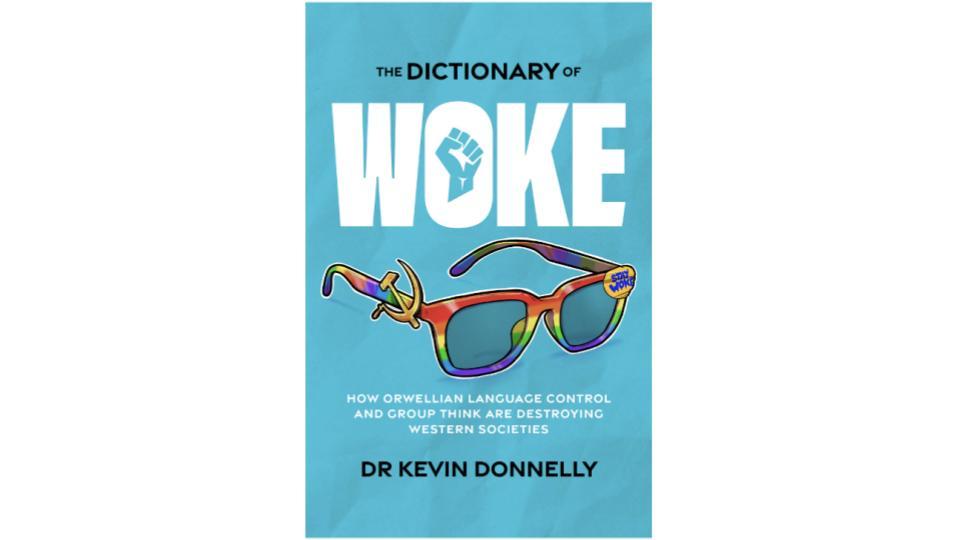While political correctness may disguise as a form of politeness and civility, it’s a type of language control and groupthink now dominating the Western world, an Australian educator and commentator Kevin Donnelly argues in his latest book “The Dictionary of Woke”, published in September.
Donnelly, one of Australia’s leading conservative public intellectuals, said that political correctness poses an “existential threat” to the foundations of Western civilisation, including concepts like freedom of expression and religious freedom.
In the U.K, Europe, the US, Canada, Australia or New Zealand, “not a week goes by without yet another example of books being banned, ideas being censored, the past being rewritten, statues being demolished and authors and academics being vilified and publicly shamed,” he wrote.
“We have entered an Orwellian world like 1984 where Big Brother and the Party control how citizens think and where anyone who questions the thought police is victimised, punished and silenced.”




